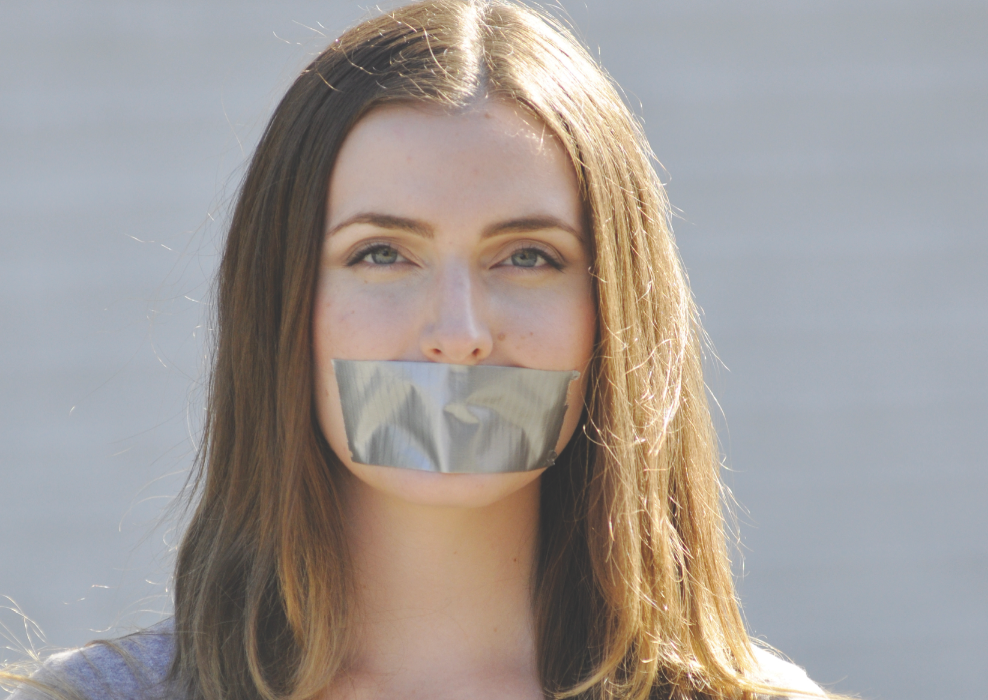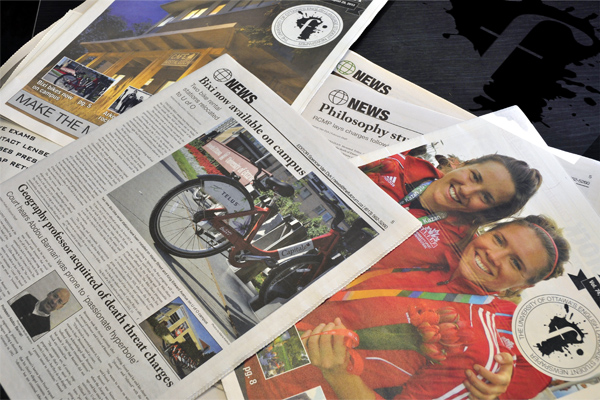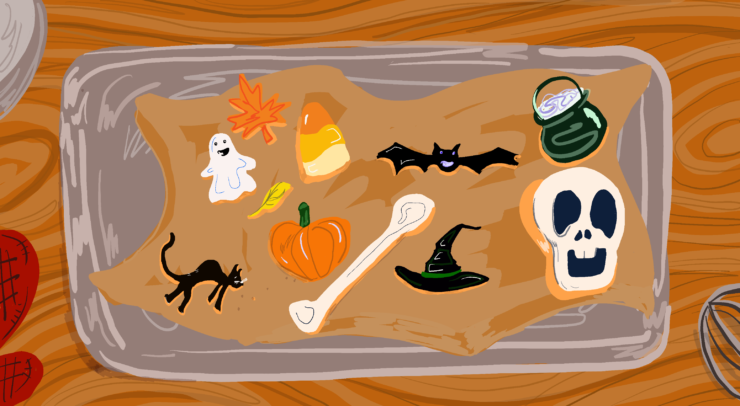Photo by Adam Feibel
The Justice Centre for Constitutional Freedoms (JCCF) recently released its third yearly report on the state of free speech on university campuses. The report covered 45 institutions across Canada and graded universities and student unions on their stated policies (what they say) and their practices (what they do).
This year, the University of Ottawa was ranked one of the worst universities overall. The university received Ds for Student Federation of the University of Ottawa (SFUO) policies and practices, a D for university policies, and an F for university practices.
The report, which has grown significantly in the last few years, cites a variety of sources including university and student union documents and news sources such as the CBC, the Globe and Mail, and campus newspapers.
The JCCF is a registered charity funded entirely by voluntary donations and founded for the purpose of “advancing and promoting the core principles of freedom and equality.” The JCCF, led by John Carpay and Michael Kennedy, publishes its report with the help of an advisory council made up of various professors and lawyers from around the country.
Carpay, who earned a bachelor in political science at Laval University and a law degree from the University of Calgary, is the president of the JCCF. According to his author biography, he has worked pro bono for multiple constitutional rights and freedoms cases in courts across the country and also served as the Alberta Director of the Canadian Taxpayers Federation for four years.
Kennedy earned a bachelor in political science and economics from Dalhousie University in 2011. Afterwards, he participated in a one-year non-profit management program.
In 2012, Rabble.ca posted a scathing column about Carpay written by David Climenhaga, who called him a market fundamentalist attempting to impose two-tier health care. While the column focuses mostly on Carpay’s work in Alberta, there is mention of the creation of the JCCF in 2010. It notes that the JCCF addresses “constitutionally limited government” and lists “government-funded and government-created entities like Canada’s public universities” as eroders of freedom of speech.
The main message of Climenhaga’s column was that the JCCF is “another deceptively named ring-wing front group dedicated to advancing social conservative and market fundamentalist goals under cover of protecting freedom.” Called into question was the legitimacy of Carpay’s reasoning for the report in the first place. Interestingly, Rabble was sourced in the JCCF’s 2011 campus report.
So, some political hotshot and his business partner like to write about universities in Canada. Why? It doesn’t matter. The report merely lists a number of facts about each university and assigns an (admittedly subjective) grade. But the facts speaks for themselves.
Seventy-five per cent of citations in the report come from the universities themselves in some capacity—policy documents, administrative offices, student newspapers, etc.—so it’s difficult to question its legitimacy. If you believe in the CBC, the Globe and Mail, and the very newspaper you’re reading right now, then you shouldn’t be going after the legitimacy of the report.
The real question here should not be why Carpay puts this report together annually, but why there is so much incriminating evidence in the U of O’s and other universities’ past.
You may disagree with the grade your school and student union were given. You can call the grading into question—all grading is subjective, and we know this—but you can’t deny the information presented by the report is concerning.
Take a step away from the reasoning and look at the facts. It’s no secret the U of O and its student federation have a history of somewhat questionable behaviour. There were a handful of repeated moments in this school’s history used as ammunition in the report, which is available to download from the JCCF website.
According to the JCCF, the report demonstrates that “our country’s institutions of higher education have failed in their promise to uphold the sanctity of free speech in its most cherished and necessary form; the discussion of controversial ideas, frank and spirited debate, and the pursuit of truth.”
The report states that low student election voting turnout could lead to policies that use ambiguous language in order to justify censorship practices.
Shortly before the four-page methodology of its rating system and the five-page update on university free speech, the JCCF makes suggestions for change based on the ratings. The organization gives university administrators and student union executives the incentive to reform oppressive policies on campus and seeks to “empower concerned stakeholders with factual ammunition to change the status quo in higher education.”
As community members of the U of O, we could dismiss the JCCF and its report, ignore the facts, and continue on the same path. On the other hand, we could demand more from our university and our student government. University is a place where everyone’s views and opinions should be heard and a place where students look for good grades and other success.
To receive a failing grade on freedom of speech, no matter the source, violates these two principle notions of university life.
editor@thefulcrum.ca





